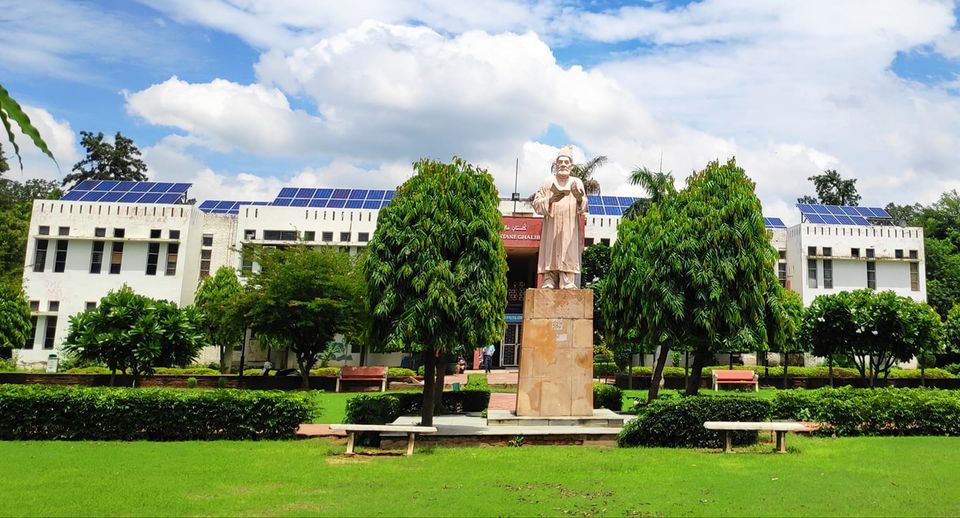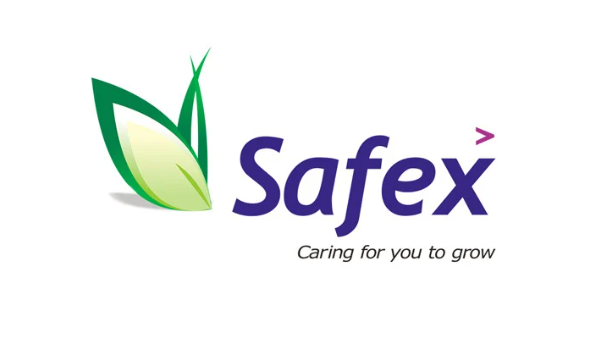A two-day (21st - 22nd August) National Conference on “India, Central Asia, and the Arab World: History, Politics, and Society” began today in India Arab Cultural Centre, Jamia Millia Islamia (JMI). Prof. Mohammad Shakeel, Officiating Vice Chancellor, JMI presided over the inaugural session held today in the conference hall of the centre. Prof. Mohammad Gulrez, former Vice Chancellor, Aligarh Muslim University (AMU), Dr. Ammar Abdul Hamed Khader, Cultural Counselor, Embassy of Iraq in India, Ms. Ekaterina Dynyak, Head of the Russian Education Centre, New Delhi, Prof. Muslim khan, Dean, Faculty of Social Sciences, JMI also graced the occasion.
The Hony. Director of the Centre and conference convener Prof. Nasir Raza Khan delivered the welcome address and briefed about the key features of the conference, its themes and upcoming sessions. He said in his remarks that India, Central Asia and Arab not only share historical ties and geographical proximity but also at present where the world is economically charged like never before has a lot to offer to the world. Prof. Khan also introduced the guests to the audience.
Prof. Khan further emphasized on the relations between India and Central Asia by reminding the significant progress recently gained by India in the region through renovation of Chabahar port, development of the International North-South Transport Corridor (INSTC) and becoming a member of Ashgabat Agreement. This corridor connects the Indian Ocean and the Persian Gulf to the Caspian Sea via the Islamic Republic of Iran and then is connected to St. Petersburg and North Europe via the Russian Federation.The INSTC was expanded to include eleven new members, namely: The Republic of Azerbaijan, Republic of Armenia, Republic of Kazakhstan, Kyrgyz Republic, Republic of Tajikistan, Republic of Turkey, Republic of Ukraine, Republic of Belarus, Oman, Syria, Bulgaria (Observer).He also mentioned The Indian Technical and Economic Cooperation (ITEC) Program provides technical assistance and training in areas such as banking, remote sensing and information technology etc in the premier institutions in India. He further underlined that these are the areas that will be deliberated upon and discussed by the participants of the conference and experts of the field.
As a Guest of Honour, Dr. Ammar Abdul HamedKhader, Cultural Counselor, Embassy of Iraq in India highlighted the historical, civilization links between India and the Arab World such as the connection between Indus valley civilization and Sumerians to the current scenario of migrant workers and their remittances. The next guest of honour was Ms. Ekaterina Dynyak(Head of the Russian Education Centre, New Delhi). She spoke on the relations between India and central Asia especially Russia and its collaboration with India in several fields.
The keynote speaker of the session Prof. Mohammad Gulrez delivered the presidential remarks. The insightful remark covered all the aspects of linkages between India, Central and the Arab World. starting from the historical and civilization connections between the region to the present day collaboration between the states of these regions have been highlighted by him. He further expressed his views on the rising stature of India particularly after India’s G20 presidency and its approach to the global south. He also highlighted the issue of Indian migrants and their remittance to India which is a huge boost in strengthening India’s relations especially to West Asia. The careful and delicate handling of India and the situation of War in Ukraine has been appreciated by terming it a neo-NAM approach where India smartly managed the relations with the fighting countries and their partners. When it comes to Central Asia, Hon’ble Prime Minister of India Shri Narendra Modi and his road map to the region is pragmatic which is very much clear from his visits to the region. He praised the government’s engagement to the region by saying that India uses the instrumentality of soft power and its ready acceptability in Central Asia to strengthen bilateral ties. India through cultural events- classical dance, music, Bollywood films, yoga, literature and educational programs reinforces the historical ties with the region.
Prof. Muslim khan, Dean, Faculty of Social Sciences in his brief remark spoke about India’s relation to Central Asia. He outlined the efforts of Indian Prime Ministers including, former prime ministers Shri, Narsimha Rao, Shri Atal Bihari Vajpai, Shri Manmohan Singh and current Prime Minister Shri Narendra Modi in this regard.
Prof. Mohammad Shakeel, Officiating Vice Chancellor, JMI in his presidential remark appreciated the convener of the conference Prof. Nasir Raza khan and stressed to organize more such gatherings including university level talks to showcase the contributions of the Centre in the enhancement of the relations. He further highlighted the collaborations, proximities among the regions since antiquity.
The session ended with a formal vote of thanks presented by Dr. Md. Aftab Ahmad, Assistant Professor, India Arab Cultural Centre, JMI.


